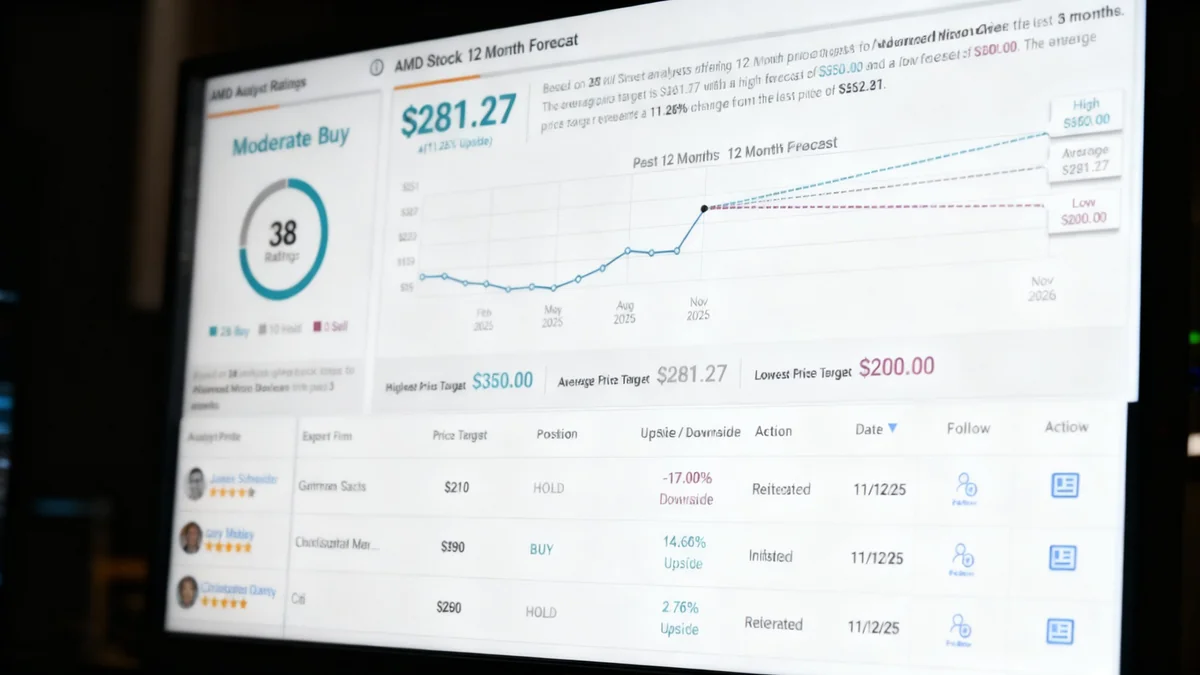Every time you visit a website or use an app, you are likely asked to make a choice about your personal data. Companies like Yahoo, which operates a large family of brands including AOL and Engadget, present users with options to accept or reject cookies and data processing. These choices have significant implications for how your personal information is collected, used, and shared across the internet.
Understanding these privacy policies is crucial in today's digital economy. The data collected powers personalized advertising, content recommendations, and product development. However, it also raises important questions about user control, transparency, and the value of personal information. Navigating this landscape requires a clear understanding of what you are agreeing to and how to manage your digital footprint effectively.
Key Takeaways
- Major internet companies, part of larger brand families, collect user data across multiple platforms to create detailed user profiles.
- Data collection is primarily facilitated by cookies and other tracking technologies that monitor online activity.
- This data is used for targeted advertising, content personalization, and improving services, forming the core of many free online business models.
- Regulations like GDPR and CCPA give users more control over their data, including rights to access, delete, and opt-out of data sharing.
The Mechanics of Data Collection
When you interact with an online service, data collection begins almost immediately. The most common tool for this is the cookie, a small text file stored on your device by your web browser. While some cookies are essential for website functionality, others are used for tracking your behavior.
These tracking cookies can monitor the pages you visit, the links you click, and the time you spend on a site. When a single company owns multiple services, like Yahoo's ownership of various media brands, these trackers can follow you across different websites, building a comprehensive picture of your interests and habits.
This information is then aggregated into a user profile. This profile might include demographic information you provide, your location data, device type, and inferred interests based on your browsing history. The goal is to create a detailed enough profile to serve highly relevant advertisements.
Beyond Cookies: Other Tracking Methods
While cookies are well-known, companies employ other technologies to track users. These can include:
- Pixels: Tiny, invisible images embedded in websites or emails that track user actions, such as opening an email or visiting a page.
- Device Fingerprinting: Collecting unique information about your device's configuration (like browser, operating system, and installed fonts) to create a unique identifier.
- SDKs in Apps: Software Development Kits embedded in mobile applications can collect a wide range of data, including location, contacts, and app usage, and send it to third parties.
These methods allow for persistent tracking even if a user clears their cookies, making it more difficult to maintain privacy online.
What is a Digital Footprint?
Your digital footprint is the trail of data you leave behind when you use the internet. It includes everything from social media posts and website visits to online purchases and location data from your smartphone. This footprint is valuable to companies for marketing and to data brokers who buy and sell this information.
The Business Model of Free Services
Many of the internet's most popular services are offered for free. This business model is almost entirely supported by advertising revenue, which is generated through the collection and analysis of user data.
By understanding user interests, companies can sell targeted advertising space to businesses at a premium. An advertiser wanting to reach 30-year-old men interested in hiking can pay a platform to show their ads specifically to users who fit that profile. This is far more effective than traditional advertising, which casts a much wider, less targeted net.
"If you are not paying for the product, you are the product. This statement has become a common way to describe the trade-off inherent in the free-to-use digital economy."
The scale of this operation is immense. Large technology companies process trillions of data points every day to refine their advertising algorithms and maximize revenue. This has created a multi-billion dollar industry centered on the buying and selling of user attention.
Global Digital Ad Spending
According to market research, global digital advertising spending is projected to exceed $700 billion in the coming years. A significant portion of this is driven by personalized ads powered by user data collection.
Navigating Your Privacy Settings
In response to growing privacy concerns, regulators have introduced laws to give users more control. The General Data Protection Regulation (GDPR) in Europe and the California Consumer Privacy Act (CCPA) are two landmark pieces of legislation that have forced companies to be more transparent.
These laws are why you now see cookie consent banners and detailed privacy dashboards on most major websites. These tools allow you to:
- Give or Withhold Consent: You can choose to accept all, some, or none of the non-essential cookies.
- Access Your Data: You have the right to request a copy of the personal data a company holds on you.
- Request Deletion: You can ask for your personal data to be erased under certain conditions.
- Opt-Out of Data Sales: Regulations like the CCPA give you the right to tell companies not to sell your personal information.
It is important to actively use these controls. Many users simply click "Accept All" to dismiss banners quickly, but taking a moment to review the settings can significantly reduce the amount of data you share.
Practical Steps for Better Privacy
Beyond managing consent on individual sites, users can take further steps to protect their privacy. Using a privacy-focused web browser, employing a Virtual Private Network (VPN) to mask your IP address, and regularly clearing your browser's cookies and cache can help limit tracking.
Ultimately, the digital economy operates on a value exchange. Users receive free services in exchange for their data, which fuels the advertising that pays for those services. Being an informed participant in this exchange is the first step toward reclaiming control over your digital identity.





